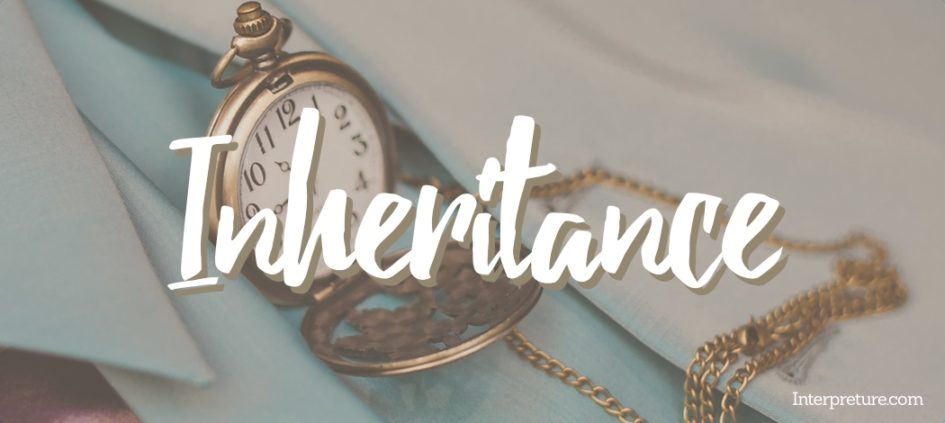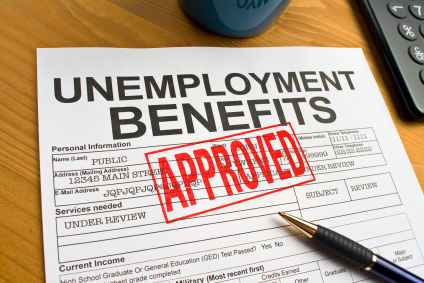QUESTION:
What do the scholars and muftis of the noble Shari’ah say regarding the following matter; in the UK, for both government and private jobs, 4% of the amount is deducted from our salaries and 6% of the amount is contributed by them and the this is given in the form of pension to the employees after they retire. What is the ruling regarding accepting the benefit amount gained on the money deposited by me? Are we permitted to invest in such a pension plan? Are we permitted to opt-in for a private pension plan offered by a different company?
Questioner: Sa’id from UK
ANSWER:
بسم اللہ الرحمن الرحیم
الجواب بعون الملک الوھاب اللھم ھدایۃ الحق والصواب
If doing so is optional, i.e. you are permitted to either invest in the pension plan or not, then doing it is impermissible. This is usury, as your money is considered by the company as loan. Profit on loan is known as usury. It is mentioned in the hadith:
قَالَ رَسُولُ الله صَلَّى الله عَلَيه وسَلَّم “كُلُّ قَرْضٍ جَرَّ مَنْفَعَةً فَهُوَ رِبًا
Translation: “Every loan that attracts profit is riba (usury)” [al-Jami’ al-Saghir of Imam al-Suyuti, hadith no. 6336]
If doing so is not optional but forced, i.e. in any condition, the company will deduct 4% of the amount from the salary and give it to you after retiring by adding profit, then, in this condition, it is permissible for you to accept your money as well as the profit. This is not usury. In usury, it is necessary that both parties decide, that while repayment, the one taking loan must pay an additional amount to the actual loan amount. This is not the case in this scenario. The company has forcefully deducted money from the employee’s salary, i.e. they have done ghasab (grabbed the money), and later returned by adding profit to it. This profit will be considered as hiba (gift) and it is permissible for the employee to accept it.
If a person owes someone money and (while repayment) he adds extra money to the actual amount, and this addition was not previously decided, then accepting the money is halal (lawful). It is mentioned in a hadith recorded in Sahih al-Bukhari that Jabir b. Abdullah (may Allah be pleased with him) said:
وَكَانَ لِي عَلَيْهِ دَيْنٌ فَقَضَانِي وَزَادَنِي
Translation: “The Messenger of Allah ﷺ owed me a debt; he repaid it and gave me an extra amount.” [Sahih al-Bukhari, hadith no. 2394]
The Hanafi jurists also state similarly, as mentioned in Radd al-Muhtar of Imam Ibn ‘Abidin al-Shami (may Allah have mercy upon him):
كُلُّ قَرْضٍ جَرَّ نَفْعًا حَرَامٌأَيْ إذَا كَانَ مَشْرُوطًا كَمَا عُلِمَ مِمَّا نَقَلَهُ عَنْ الْبَحْرِوَعَنْ الْخُلَاصَةِ وَفِي الذَّخِيرَةِ وَإِنْ لَمْ يَكُنْ النَّفْعُ مَشْرُوطًا فِي الْقَرْضِ، فَعَلَى قَوْلِ الْكَرْخِيِّ لَا بَأْسَ بِهِ
[al-Durr al-Mukhtar ma’ Radd al-Muhtar, vol. 7, pg. 412]
Furthermore, it is mentioned in Bahar-e Shari’at: “If a person pays an extra amount in addition to what he owes and there was no such condition (of paying extra), then it is permissible. [Bahar-e Shari’at, vol. 2, part 11, pg. 759]
Private pension plans are mostly optional. Therefore, it cannot be opted-in for as mentioned above.
However, if this private pension plan is enrolled with a harbi non-Muslim, then it is permissible, as there is no usury between a Muslim and a non-Muslim. It is stated in a hadith:
َا رِبَا بَيْنَ الْمُسْلِمِ وَالْحَرْبِيِّ فِي دَارِ الْحَرْبِ
[Sharh Wiqayah, vol. 2, pg. 164]
واللہ تعالی اعلم ورسولہ اعلم صلی اللہ علیہ وآلہ وسلم
کتبہ ابو الحسن محمد قاسم ضیاء قادری
Answered by Mufti Qasim Zia al-Qadri
Translated by the SeekersPath Team
Read the original answer in Urdu here – [Q-ID0450] What is the ruling on work pension plans in the UK?



























































